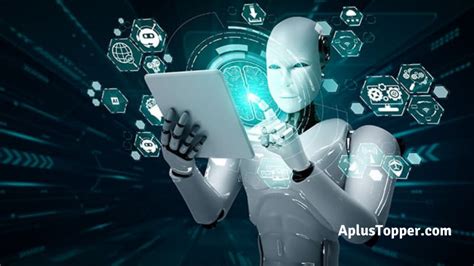Artificial Intelligence (AI) stirs a potent mix of wonder and fear, evoking debates that stretch beyond the technical landscape into philosophical and ethical realms. The discussions often center on AI’s potential to mimic, if not surpass, human intelligence, but are frequently overshadowed by the contention surrounding its anticipated impacts. Historically, human beings have reacted to technological advances in varied ways, often reflected by oscillating degrees of skepticism and acceptance. Past technologies, ranging from comic books to the internet, experienced their share of moral panics, which, in some instances, proved unwarranted over time. Today, discussions about AI’s potential risks mirror these historical anxieties albeit with possibly higher stakes.
Current discourse around AI fears often draws parallel with prior technological anxieties, suggesting a pattern of societal overreaction. However, this comparison sometimes lacks nuance. Not every technology induces the same type and scale of impact. While it’s true that the comic book scare and the video game violence panics eventually dwindled without real-world apocalypses, the stakes with AI seem fundamentally different. Notably, AI’s capacity for continuous learning and autonomous decision-making in diverse fields from medicine to military can spark impacts that are both profound and unprecedented. Thus, equating past overreactions with current AI concerns may oversimplify the complexities involved in understanding a technology that could reshape fundamental aspects of human existence.
The skepticism towards AI risks sometimes manifests as an outright dismissal, equated by some to ‘crying wolf.’ History is replete with instances where initial alarmism was later ridiculed — yet, there are also examples where early warnings became lifesaving. Global warming and ozone depletion were once contested by many but recognized over time as legitimate threats, showcasing the critical need for a balanced view on emerging technologies. The real challenge lies in discerning between irrational panic and justified precaution, a task complicated by AI’s intangible nature and the unpredictability of its developmental trajectory.
An integral aspect of the AI risk debate is the psychological comfort of familiarity. As new technologies emerge, they often face resistance driven by the fear of the unknown. This phenomenon is not unique to AI but is perhaps more pronounced due to AI’s broad implications. Technological advancements are a testament to human ingenuity, yet also a Pandora’s box; each innovation offers solutions but also poses new questions and fears. AI’s potential to autonomously reason and learn from its environment makes it both a revolutionary tool and a daunting entity that could escape human control.
The moral quandary surrounding AI is significantly complex, touching on the intrinsic uncertainties of crafting an intelligence that might one day match or exceed our own. This contemplation brings to light the ‘Pascal’s Wager’ aspect of AI risks, where the stakes are asymmetrical. The gamble, in this case, revolves around the possibility of AI reaching superintelligence leading to disastrous outcomes versus the potential societal benefits its advancements could herald. Herein lies a critical philosophical debate: What is the ethical responsibility in managing a technology that could, in theory, evolve beyond our control?
In practice, the discourse on AI often becomes a tug-of-war between what is perceived as fear-mongering and groundless optimism. Both sides bring salient points to the table. Critics argue that downplaying AI’s risks could lead to unpreparedness in face of potential detrimental outcomes. Proponents, however, caution against letting unverified doomsday prophesies stifle innovation and the benefits it could spawn. Striking a balance requires a collective, nuanced approach that accommodates AI’s distinctive challenges without succumbing to preemptive fear or blind enthusiasm.
The impending AI technologies necessitate a forward-looking framework for governance and regulation. Unlike previous technologies, the autonomous nature of AI calls for anticipatory measures that can address potential risks proactively rather than reactively. Discussions around AI ethics, safety protocols, and regulatory frameworks are essential, not just for current generative models, but for potential future developments that could redefine human interaction with technology. Establishing robust, ethical guidelines and a culture of responsible innovation will be critical in navigating the uncharted waters of AI development, ensuring that technology serves humanity and not the other way around.


Leave a Reply